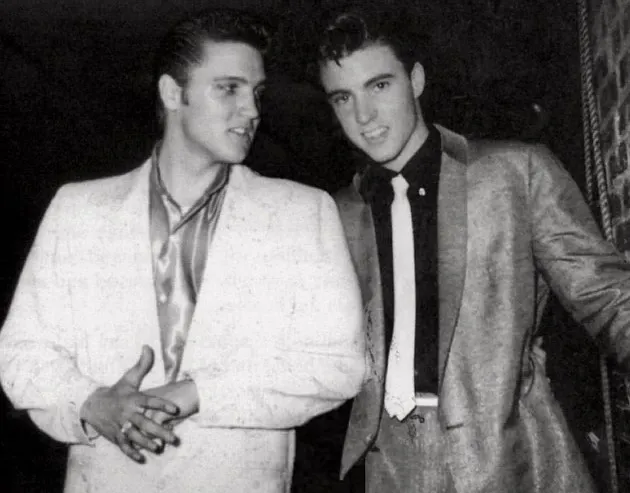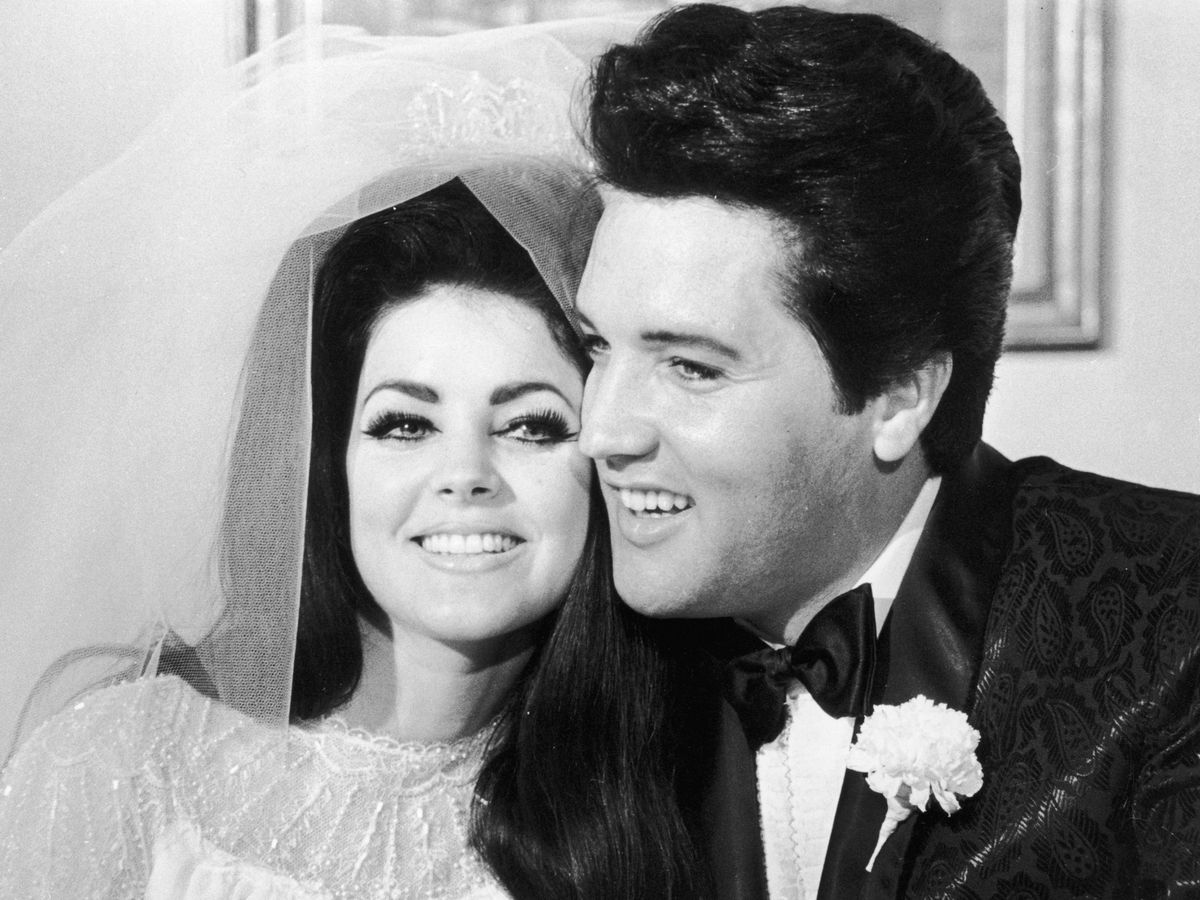The King of Rock and Roll’s best-selling album of all time in the U.S. is also the number one best-selling Christmas album of all time. Billboard reported that Elvis Presley’s "Elvis’ Christmas Album" has sold 20 million copies. This is the highest-selling album in the US for Presley’s career to date according to the RIAA, followed by Elvis’ Golden Records, Volume 1. It is also the top-selling Christmas album in the US by far, followed by Kenny G’s Miracles: The Holiday Album which has sold 8 million copies.

The original release of Elvis’ Christmas Album came out in 1957 and initially sold 3 million copies. In 1970, RCA released another edition of the album which omitted four gospel songs and added two additional Christmas songs sung by Elvis.
The RIAA awarded Diamond certification to the Elvis Presley Estate in 2012 for 10 million sales of the 1970 version. Since then, the album’s sales in the US have increased to 14 million. That means that both editions have sold a total of 17 million copies. Add to that an additional 3 million copies sold in the rest of the world brings the worldwide total to 20 million.

It is believed that one of the songs on the album was a source of controversy when it was released in October 1957. The composer of “White Christmas,” Irving Berlin, reportedly did not like Presley’s version of the song and tried to get it banned from radio stations across the country. Presley sang the song in the same style as The Drifters R&B version. However, The Drifters rendition did not cause as much controversy because it was only played on black radio stations.
However, in recent years, music historians have questioned whether the controversy was true. There are no reports in newspapers in 1957 discussing Berlin’s disapproval of Presley’s version of the song. He supposedly wrote letters to radio stations across the US requesting that they ban the song calling it “a profanation of the spirit of Christmas.”

The story is first documented in a biography about Irving Berlin called As Thousands Cheer: The Life of Irving Berlin. The author of the book got the information from a man in the entertainment industry named Walter Wager. However, there is no further source to back up Wager’s claim. Nevertheless, other people wrote about their discontent with the song in 1957.
Musician Sammy Kaye, who was known for singing “Harbor Lights”, wrote a letter in December 1957 in response to an editorial in his local paper, The Ohio Penitentiary News, expressing distaste for Presley’s version of “White Christmas”: “As a Christian, I am horrified that a recording company permitted the making of a recording which borders on the sacrilegious,” Kaye wrote. “As a musician, I am horrified that another musician, Elvis Presley, has stooped to such low taste for the sake of making a few dollars.”

Also, there was a story that got published in multiple newspapers in early December 1957 about a DJ in Portland, Oregon who got fired for playing the song in defiance of his radio station’s orders that Presley’s version was banned. Headlines like “DJ Fired For Playing Elvis Disc” ran in newspapers across the country.
However, Presley experts have disputed whether this story was true regarding the DJ’s harsh punishment or if it was just a publicity stunt. A week after the DJ was fired, a newspaper editorial in the Medford Mail Tribune (Medford, Oregon – December 12, 1957) even hinted that it was a stunt.

Adding fuel to the mystery is the signed photograph (pictured below) that Elvis sent to Berlin which read: “To Mr. Irving Berlin with respect and admiration, Sincerely Elvis Presley.” Most would agree this sounds like a subtle apology from Elvis to the legendary composer.
In later years, Presley’s friend and Memphis DJ, George Klein, would often tell the story on The Elvis Radio Channel on Sirius XM as fact. But the truth still remains that we may never find documented evidence to verify the story. Apart from the Portland, Oregon radio station, most radio stations refused to comply with Berlin’s supposed request to stop playing Presley’s version.



